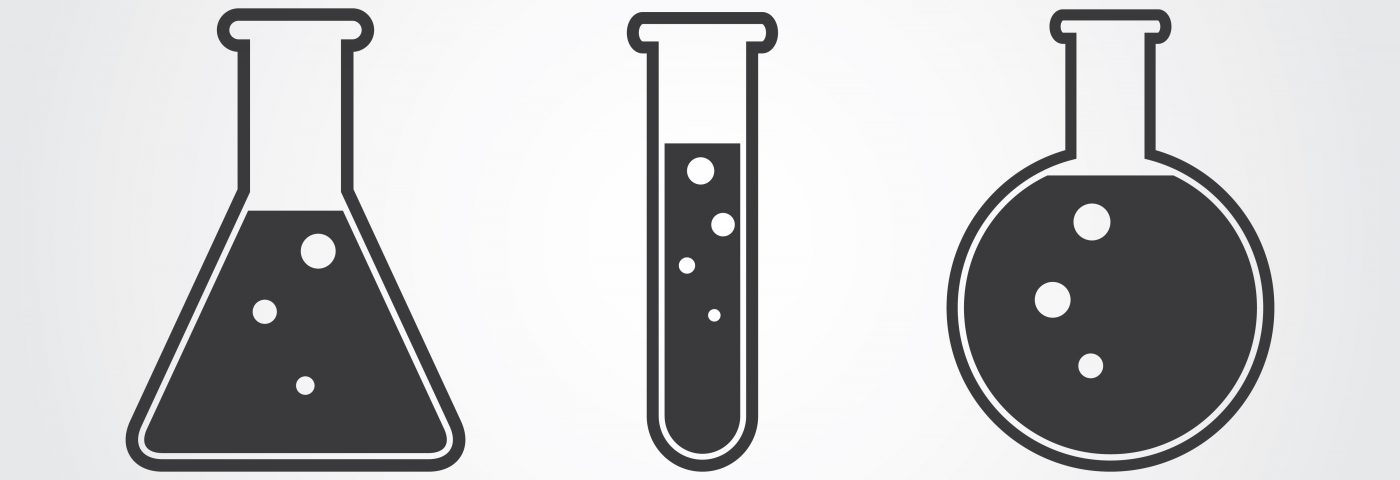AbbVie gave investors an update on its pipeline June 3 to reinforce the company’s strategy to advance therapies for patients with endometriosis, uterine fibroids, hepatitis C virus, multiple sclerosis (MS) , cancer, and other disease.
The late-stage pipeline includes approved and investigational items proven to meet medical needs. Copies of the presentations, speaker biographies and other relevant information presented during the company’s webcasted R&D Day meeting are available at AbbVie’s investor relations website.
“Since becoming an independent company in 2013, AbbVie has developed a robust and diversified pipeline focused on diseases that have compelling medical needs,” Richard A. Gonzalez, AbbVie’s Chairman and CEO said in a press release. “AbbVie’s R&D pipeline of more than 50 active clinical development programs has AbbVie poised to deliver a consistent stream of innovative new medicines for patients while driving long-term growth through 2020 and beyond.”
Sessions included:
- Information about investigational compounds, yet to be evaluated for their efficacy and safety: Rova-T (rovalpituzumab tesirine), ABT-494, Risankizumab (BI655066), next-generation HCV treatments (ABT-493 + ABT-530), endometriosis and uterine fibroids (Elagolix), Veliparib and ABT-414; and
- Updates on marketed compounds ZINBRYTA™ (daclizumab), IMBRUVICA® (ibrutinib) and VENCLEXTA™ (venetoclax).
“AbbVie’s late-stage pipeline has the potential to deliver more than 20 new medicines or indications by 2020, with the approval of seven new medicines or indications expected in 2016,” said Dr. Michael Severino, the company’s executive vice president of R&D and chief scientific Officer. “These new medicines, combined with our early-stage clinical programs, have the potential to address medical need, elevate the standard of care and improve patient outcomes.”
For more information go to AbbVie’s investor relations website.

